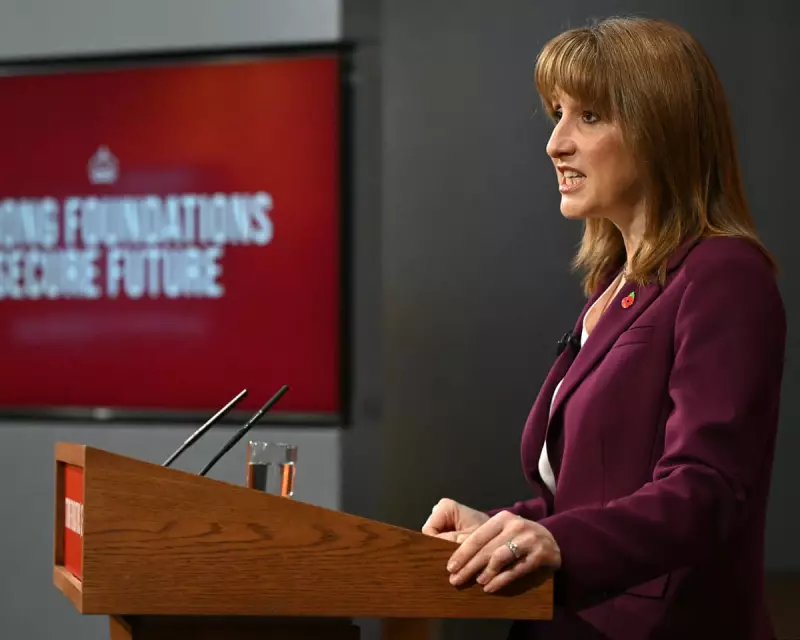
In a dramatic departure from political convention, Chancellor Rachel Reeves has delivered what many are calling the most honest budget statement in recent memory. Facing Britain's stark economic realities head-on, Reeves opted for radical transparency over political spin.
The End of Budget Sugar-Coating
Gone are the days of vague promises and carefully obscured financial truths. Reeves' autumn budget represents a fundamental shift in how governments communicate difficult economic decisions to the public. Rather than hiding behind technical jargon or optimistic projections, the Chancellor laid bare the challenges facing the UK economy with startling clarity.
Why This Budget Breaks the Mold
Previous chancellors have often employed what critics call 'fiscal fiction' - optimistic growth forecasts and creative accounting to mask tough decisions. Reeves has torn up that playbook, instead choosing to:
- Openly acknowledge the need for potential tax increases
- Clearly outline trade-offs between public spending and fiscal responsibility
- Admit the limitations of government intervention in certain economic areas
- Provide realistic timelines for economic recovery rather than quick-fix solutions
The Political Gamble of Honesty
This unprecedented approach carries significant political risk. By being transparent about potential tax rises and spending constraints, Reeves risks alienating voters accustomed to hearing only good news at budget time. However, the strategy also offers substantial rewards in terms of credibility and public trust.
The Chancellor appears to be betting that British voters are ready for grown-up conversations about the nation's finances, even if that means hearing uncomfortable truths about the road ahead.
What This Means for UK Economic Policy
Reeves' budget represents more than just a change in communication style - it signals a fundamental shift in economic governance. By establishing a foundation of trust through transparency, the Chancellor may have created political space for more substantive, long-term economic reforms that previous governments lacked the credibility to implement.
The success of this approach will ultimately depend on whether the public responds to honesty with understanding, or whether political opponents can weaponise this transparency against the government.





